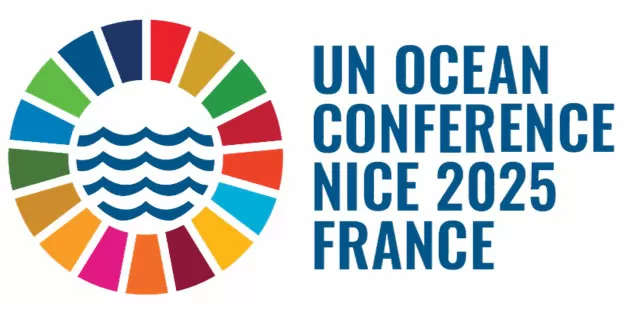In today’s globalized world, the issue of environmental degradation has become a pressing concern for the international community. Governments, organizations, and individuals have come together to address this issue through a series of international environmental conferences. These conferences serve as a platform for discussing and implementing solutions to tackle the ever-growing threat of climate change and other environmental challenges. However, the question arises, is attending these conferences enough? Can we truly make a difference by simply hopping from one conference to another, without ever returning home?
The truth is, it is entirely possible to spend a lifetime attending these conferences. With the increasing number of environmental conferences, one can easily get caught up in the never-ending cycle of discussions, negotiations, and commitments. But the real question is, does this relentless pace of meetings translate into equally rapid action? Unfortunately, the answer is no.
The sad reality is that despite the efforts put into these conferences, progress is often painfully slow. The commitments made are often watered down, and the timelines set for implementing them are rarely met. This raises the question of whether these conferences are truly effective in addressing the pressing environmental issues we face today.
One of the major reasons for the slow progress is the lack of political will. While governments may attend these conferences and make promises, they often fail to follow through with concrete actions. This is because the implementation of environmental policies requires significant financial resources and may also require making tough decisions that could have an impact on a country’s economy. As a result, governments tend to prioritize short-term economic gains over long-term environmental sustainability.
Moreover, the sheer number of conferences and the amount of information discussed can be overwhelming for participants. With so many issues to tackle, it becomes difficult to prioritize and focus on the most critical ones. This leads to a dilution of efforts and resources, resulting in slow progress.
Another factor contributing to the slow progress is the lack of accountability. While conferences may end with a set of commitments and action plans, there is often no mechanism in place to ensure that these commitments are met. This lack of accountability leads to a lack of urgency, and the commitments made are often forgotten or pushed aside in the face of other pressing issues.
However, this does not mean that these conferences are entirely ineffective. They serve as a crucial platform for bringing together experts, policymakers, and stakeholders from around the world to share knowledge, experiences, and best practices. These conferences also provide an opportunity for developing countries to voice their concerns and seek support from developed nations.
Moreover, these conferences serve as a reminder that environmental issues are global issues that require collective action. They help to build partnerships and collaborations between countries, organizations, and individuals, which are essential in addressing complex environmental challenges.
Furthermore, the slow progress made in these conferences should not overshadow the significant achievements that have been made. For instance, the Paris Agreement, which was adopted at the 2015 United Nations Climate Change Conference, brought together 196 countries to commit to reducing greenhouse gas emissions and limiting global temperature rise. While progress may be slow, it is crucial to recognize and celebrate these achievements, no matter how small they may seem.
In conclusion, while it may be tempting to spend a lifetime attending international environmental conferences, it is essential to remember that these conferences are only a means to an end. The real work happens when participants return home and take concrete actions to implement the commitments made. It is crucial for governments to show political will and prioritize environmental sustainability over short-term economic gains. It is also essential for there to be accountability mechanisms in place to ensure that commitments are met. Most importantly, these conferences should serve as a reminder that we are all in this together, and it is only through collective action that we can truly make a difference in preserving our planet for future generations. Let us not be discouraged by the slow progress, but instead, let us be motivated to continue working towards a sustainable future.



